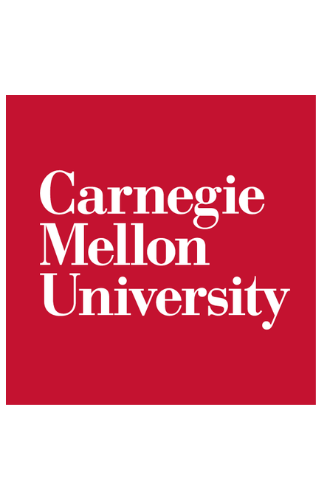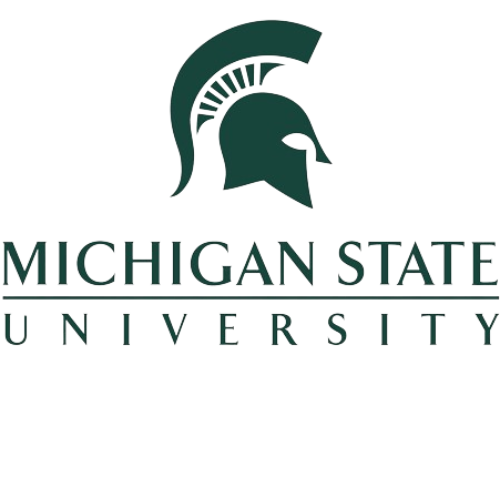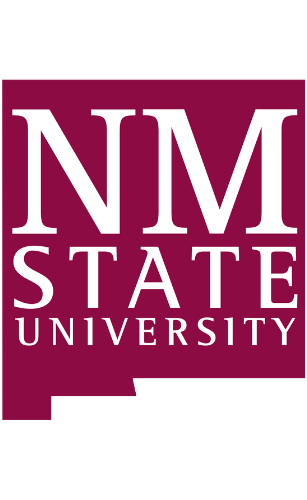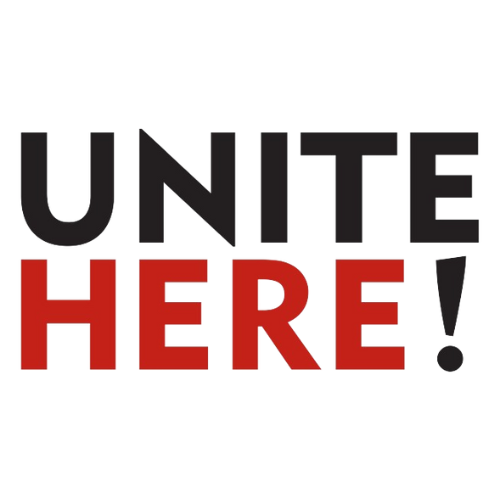AI, AUTOMATION,
& HOSPITALITY WORKERS

Housekeeping is a physically demanding job, largely performed by middle-aged
women of color and immigrants. Many do not speak English or possess much digital literacy.
However, they take pride in the work that they do and the face-to-face interactions they have with their
customers. Many have been doing their jobs for two or three decades. Hotels can be owned,
managed, and branded by up to three different organizations, and they are increasingly encountering AI in
their day-to-day work. For example, algorithmic managers assist housekeepers and managers to
manage operations and assist in the workflow of cleaning rooms. They also allow for customized room
assignments, to deal with issues like getting ready for conference attendees and prioritizing
the cleaning of rooms where guests have checked out.
However, AI and automation can be problematic in this space, because the needs of workers,
customers, and managers are prioritized differently. And workers are at the bottom of this list.
For
housekeepers, algorithmic managers (AMs) change workflow, often resulting in increased work,
increased job requirements, and decreased worker autonomy. Instead of letting housekeepers clean
rooms in the order that makes the most sense to them based on their ability to complete their
room
quotas with a minimum of wear and tear on their bodies, AMs send them back and forth and up and
down
in hallways and elevators, while they push 200-300 pound carts. We have heard again and again
from
housekeepers that the AM “wastes my time.” AMs increase wear on the worker by assigning several
check-out rooms, which require heavy cleaning, back-to-back as opposed to alternating them with
the
lighter physical requirements of stayover rooms in which only sheets and towels need changing.
Housekeeping is also an entry level job that traditionally did not require technology skills or
even
fluent English. This, combined with typical connectivity issues, has altered the job of the
housekeeper greatly, with little to no increased training or increased compensation.
This project seeks to engage workers in the innovation process, by getting their input on critical challenges impacting the adoption of AI and opening new pathways for industry collaboration.









